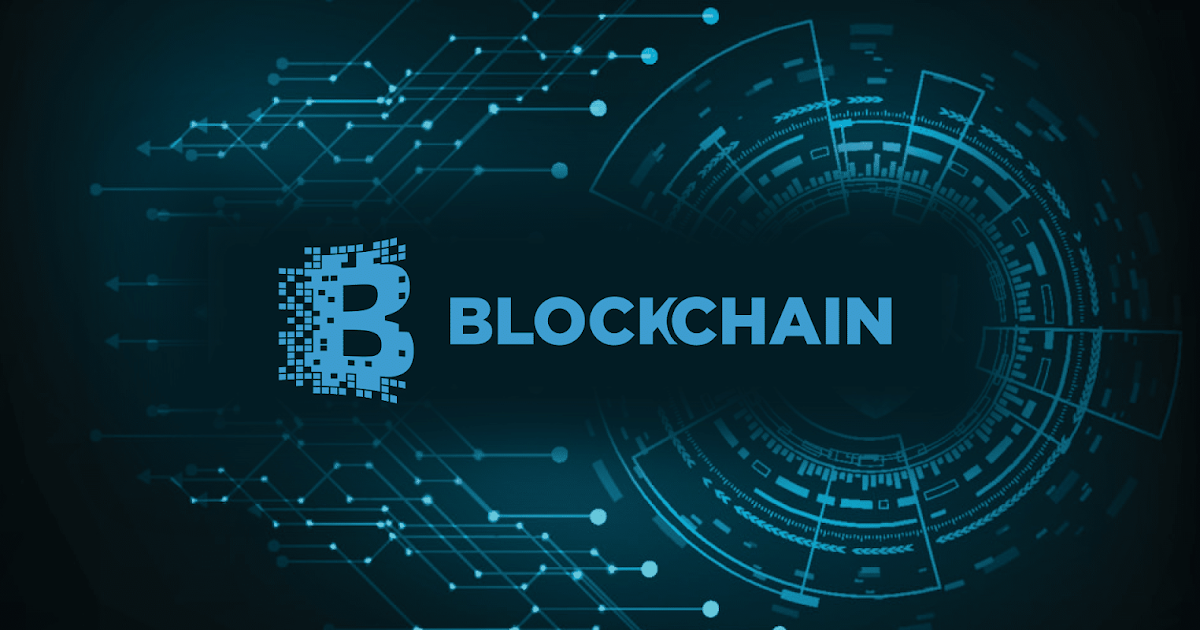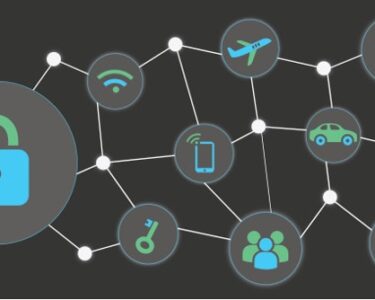
Latest Blockchain Developments: A Glimpse into the Future
Blockchain technology has been rapidly evolving since its inception, revolutionizing various industries and sectors. Here are some of the latest blockchain developments that are shaping the future:
1. Metaverse and Web3 Integration:
Blockchain is playing a pivotal role in the development of the metaverse and Web3, enabling the creation of decentralized virtual worlds and immersive experiences. Virtual currencies, digital assets, and NFTs will be seamlessly integrated into these platforms, driving new forms of digital ownership and participation.
2. Smart Contract Advancements:
Smart contracts are becoming more sophisticated and versatile, allowing for the development of complex, self-executing agreements. The use of decentralized autonomous organizations (DAOs) is also on the rise, leveraging smart contracts to facilitate transparent and autonomous decision-making.
3. Decentralized Finance (DeFi):
DeFi continues to grow at an exponential rate, offering alternative financial services such as lending, borrowing, and asset management. New advancements in DeFi protocols include yield farming, synthetic assets, and stablecoins, enhancing the accessibility and flexibility of financial transactions.
4. Supply Chain Optimization:
Blockchain is transforming supply chains by providing a secure and immutable record of transactions. The use of blockchain enables end-to-end visibility, traceability, and accountability, improving efficiency, reducing costs, and minimizing fraud.
5. Healthcare Innovation:
Blockchain is revolutionizing the healthcare sector by securing patient records, facilitating data sharing, and enhancing transparency. New developments include medical data marketplaces, wearable device integration, and pharmaceutical supply chain management, empowering patients and improving healthcare outcomes.
6. Energy Management:
Blockchain is enabling the transition to renewable energy sources by facilitating the decentralization of energy production and distribution. Smart grids, peer-to-peer energy trading, and carbon credit tracking are some key areas where blockchain is making a significant impact.
7. Tokenization of Real-World Assets:
Tokenization involves representing ownership or value of real-world assets on a blockchain. This enables fractional ownership, liquidity, and accessibility for assets such as real estate, art, and private equity. Tokenization is creating new investment opportunities and unlocking value from previously illiquid assets.
Conclusion:
The blockchain industry continues to innovate at a rapid pace, offering countless possibilities and applications. From the metaverse and DeFi to supply chain optimization and healthcare advancements, blockchain is transforming various sectors and shaping the future of technology. As development and adoption continue, we can anticipate even more groundbreaking advancements in the years to come.


